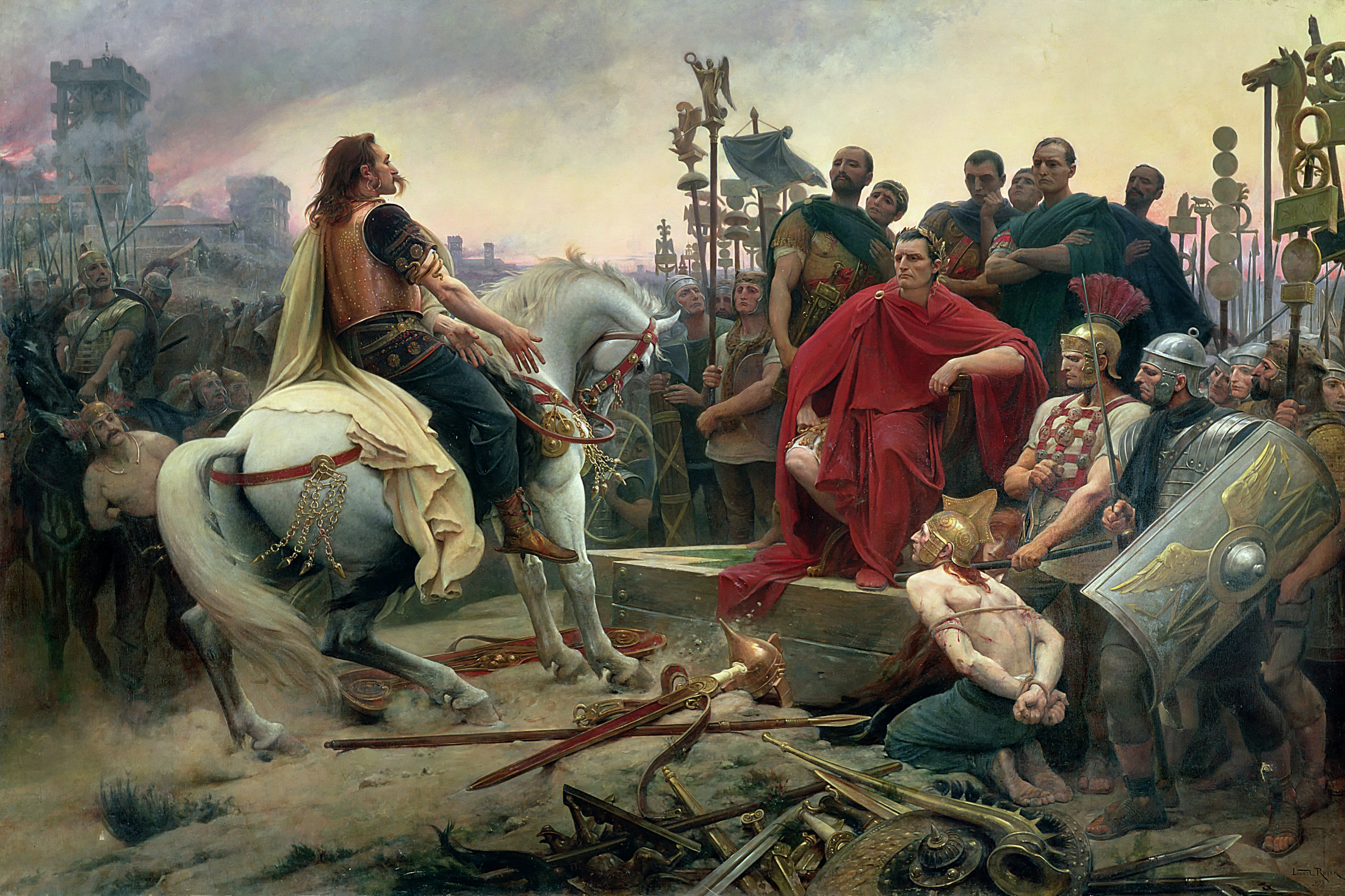The conquest of Gaul, modern-day France, by the Romans was a long and bloody process that lasted over 50 years. The conquest began in 58 BCE, when Julius Caesar launched his first invasion of Gaul, and ended with the establishment of the Roman province of Gaul in 27 BCE. The conquest of Gaul was a significant achievement for the Romans, and it brought them wealth, resources, and new territories.
The Gauls, a Celtic people, initially resisted the Roman invasion, led by their charismatic leader Vercingetorix. However, despite their fierce resistance, the Gauls were unable to withstand the superior military tactics and technology of the Romans. The Romans relied heavily on their highly disciplined and organized army, which included cavalry, infantry, and siege engines. They also employed innovative tactics, such as the construction of fortified camps and the use of propaganda to demoralize their enemies.
The decisive battle in the conquest of Gaul was the Battle of Alesia in 52 BCE, where the Roman army under Julius Caesar defeated the Gaulish forces led by Vercingetorix. Following the battle, the Gaulish tribes surrendered, and Vercingetorix was taken prisoner and later executed in Rome.
The Roman conquest of Gaul had a significant impact on Gaulish society. The Gauls were forced to adopt Roman culture and customs, including the Latin language and Roman law. The Roman occupation also brought new technologies and infrastructure to Gaul, such as roads, aqueducts, and public buildings. However, the conquest also led to the decline of Gaulish culture and the loss of their independence.
In conclusion, the Roman conquest of Gaul was a significant achievement for the Romans and a transformative event for Gaulish society. The conquest demonstrated the military prowess of the Romans and the effectiveness of their tactics and technology, while also showcasing the cultural and social impact of Roman rule.
Works Cited:
Goldsworthy, Adrian. Caesar: Life of a Colossus. Yale University Press, 2006.
Heather, Peter. The Fall of the Roman Empire: A New History. Oxford University Press, 2006.
Woolf, Greg. "Becoming Roman, Staying Gallic: National Identity and the Transformation of Gaul." Journal of Roman Studies 90 (2000): 120-43.








